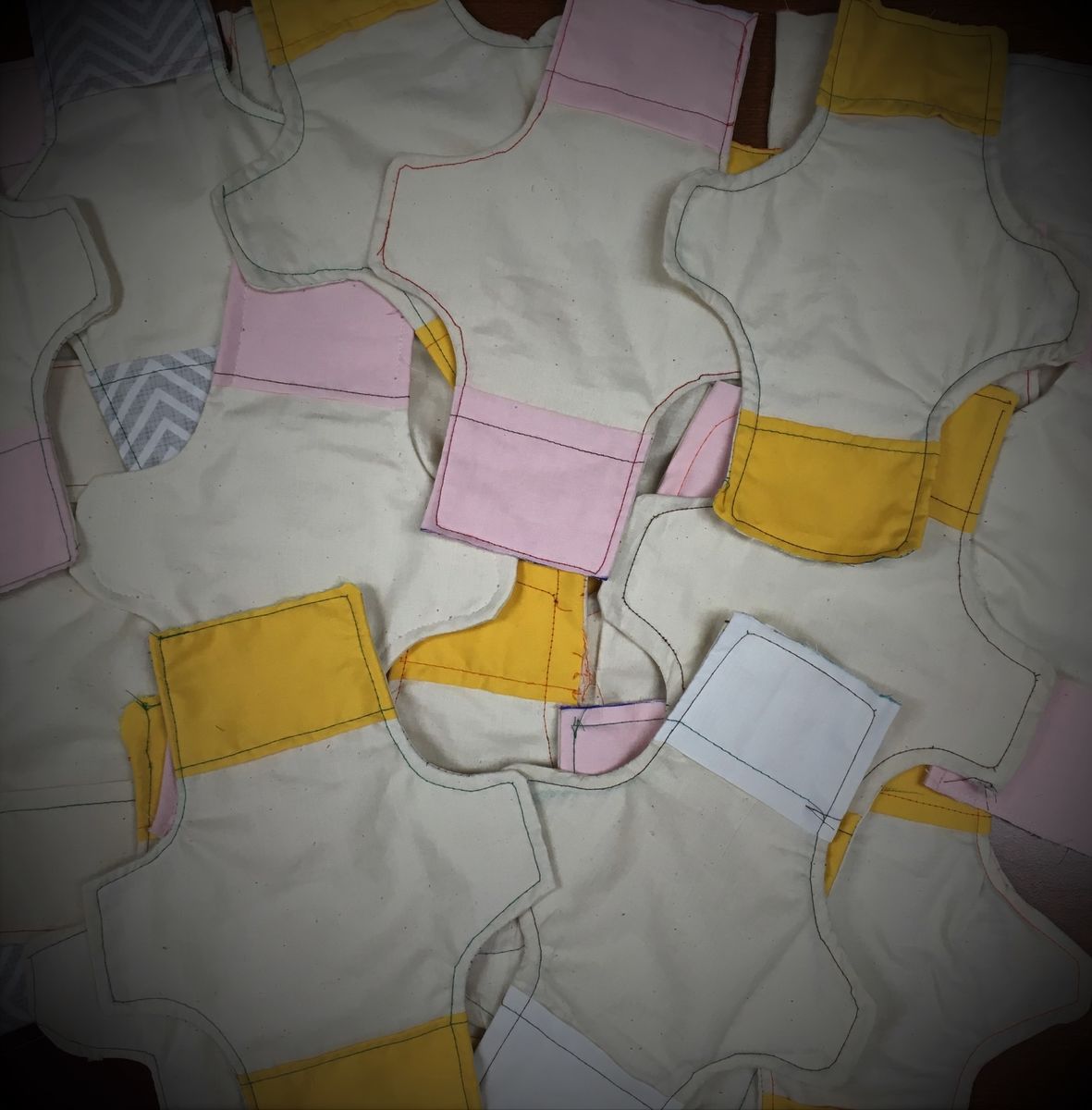Girls Leadership Forum: Ugandan Girls Broaden the Perspective of Students in D.C. Through a Project in Social Justice

When two students from Sidwell Friends School in Washington, D.C., learned about the challenges that girls their same age in the East African nation of Uganda face in managing their periods, they set out to find a way to help. The solution they found may inspire you to find ways that you and your friends also can get involved.
While it’s normal to hear girls at school in America complaining to one another about menstrual cramps, or to find them sneaking tampons into the bathroom so no one else can see, we were oblivious to the more serious challenges menstruation poses for millions of girls around the world.
But after hearing a podcast during a school meeting on female empowerment, the story of just one girl changed our outlook completely.
The girl was only 12 years old, living in poverty and struggling to take care of herself and her family. She had a strong desire to get an education, but her own body kept her from attending school at least five days each month. When she had risked attending school during her period, by the end of the school day her clothes would be soaked in blood, because without toilets, sufficient water, privacy, and supplies, she was unable to clean herself until she got home.
Men encouraged her to reside in a “menstrual shed,” isolated from the rest of the community during her period. But in the dirty shed, she was prone to infections and felt hopeless, alone, and afraid of falling behind in school.
Education is essential to any girl wanting to lift herself out of poverty. So the difference between a girl having a future and not being able to embrace her potential can come down to having access to basic menstrual resources. Without such resources, a period stands in the way of education, dignity, and opportunity.
Hearing this story, we knew we wanted to help. In looking for ways to get involved, we came across Days for Girls , an international nonprofit that sends reusable menstrual kits and provides health education to more than half a million women and girls in over 100 countries. Each kit is meant to last up to three years and contains necessities like waterproof shields and absorbent liners.
Inspired by its mission, we launched a Days for Girls D.C. Club at Sidwell Friends School during an all-school assembly in March and have partnered with Days for Girls ever since.
When we first presented our project during assembly, some students, especially younger boys, felt awkward. However, after explaining the impediments periods can cause to a girl’s education, the audience became more attentive. To help our peers empathize more easily with the challenges some girls face on a monthly basis, we asked our fellow students to imagine themselves, their mothers, sisters, or girlfriends being banned to a menstrual shed or shamed for a natural biological process. By the time we reached the end of our presentation and began discussing how the Sidwell community could help, many students were eager to join the cause and use their resources to help.
Days for Girls D.C.’s goals are twofold: to provide girls with personalized menstruation kits, and to host discussions with local high schoolers to break the stigma around periods. Our club has connected with a partner school in Uganda, a country where the female attendance rate drops from 85% in primary school to only 17% in secondary school, coinciding with the time girls hit puberty. To do our part to keep girls in school, our 30 club members meet four times a week to sew reusable menstruation kits that we then ship to Uganda through Days for Girls.
We’re also working to spread our campaign to other schools in the D.C. area, encouraging the creation of more clubs. This project has taken time and effort, but it has been time well spent, knowing that at least some Ugandan girls may be one step closer to overcoming the social stigma around a natural process and having a chance at an education and a better life.
Learn more about the Days for Girls D.C. Club and how to support their cause on their website .

